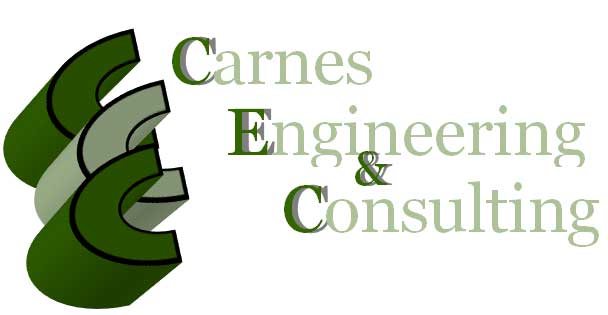Understanding Percolation Testing: Why It’s Essential in Northern Nevada and Reno
When building a home or developing property in Northern Nevada, particularly in the Reno area, one of the critical steps in the process is conducting a percolation test, commonly known as a “perc test.” This essential test determines the suitability of the soil for an on-site sewage disposal system, such as a septic tank. Without a successful percolation test, obtaining the necessary permits for your project can become challenging. Here’s why percolation testing is crucial in this region and what you need to know before starting your project.
What is Percolation Testing?
A percolation test measures the rate at which soil absorbs water. During the test, a hole is dug in the ground, filled with water, and the time it takes for the water to drain is recorded. This process helps determine whether the soil can adequately filter and absorb wastewater from a septic system. The results of the test will dictate the type of sewage system that can be installed or if a system can be installed at all.
Why Percolation Testing is Necessary in Northern Nevada
Northern Nevada, including Reno and its surrounding areas, features a diverse landscape with varying soil types. The soil composition in this region can range from sandy and well-draining to clay-rich and impermeable. Since the effectiveness of a septic system heavily depends on the soil’s ability to filter and absorb wastewater, percolation testing is a mandatory step in the development process.
1. Soil Variability
- The soil in Northern Nevada is highly variable. Some areas have soil that drains well, while others have heavy clay that drains poorly. Percolation testing ensures that the soil on your property is suitable for a septic system, preventing future issues such as system failure or groundwater contamination.
2. Compliance with Regulations
- Percolation testing is required to comply with local and state regulations. In Washoe County and other parts of Northern Nevada, the results of a perc test are necessary for obtaining permits to install a septic system. Without a successful test, you may need to explore alternative waste management solutions or even reconsider your building plans.
3. Environmental Protection
- Conducting a percolation test helps protect the environment by ensuring that wastewater is properly filtered and does not contaminate local water sources. In areas where the soil does not drain well, alternative solutions may be needed to prevent pollution.
4. Preventing Costly Issues
- A failed or inadequate septic system can lead to significant costs down the road, including potential legal issues, environmental fines, and the need for costly repairs or replacements. A percolation test helps you avoid these problems by ensuring your system is correctly designed from the start.
How Percolation Testing is Conducted
Percolation testing is usually performed by a licensed professional who understands the specific requirements of the region. The test involves digging one or more holes on your property, filling them with water, and measuring how quickly the water is absorbed into the soil. The results will help determine the size and type of septic system needed.
What to Do If Your Soil Fails the Percolation Test
If your property’s soil does not pass the percolation test, don’t panic. There are still options available:
- Engineered Septic Systems: These systems are designed to work with challenging soil conditions and may involve additional components such as sand filters or mound systems.
- Alternative Waste Disposal Solutions: In some cases, alternative waste disposal systems, such as aerobic treatment units or holding tanks, might be necessary.
- Soil Amendments: Sometimes, the soil can be amended or treated to improve its percolation rate, although this approach must be carefully evaluated by experts.
Conclusion
Percolation testing is a vital part of the building and development process in Northern Nevada, especially in the Reno area. It ensures that your septic system will function properly and comply with local regulations, protecting both your investment and the environment. Whether you’re planning to build a new home or develop a piece of property, don’t overlook the importance of a percolation test. By taking this essential step, you’ll avoid future headaches and ensure the long-term success of your project.
For professional percolation testing and expert advice on septic system design in Northern Nevada, contact a local specialist who understands the unique challenges of the region’s soil and regulations.
